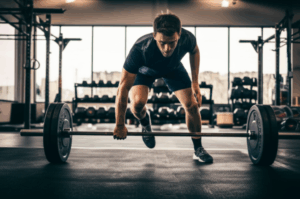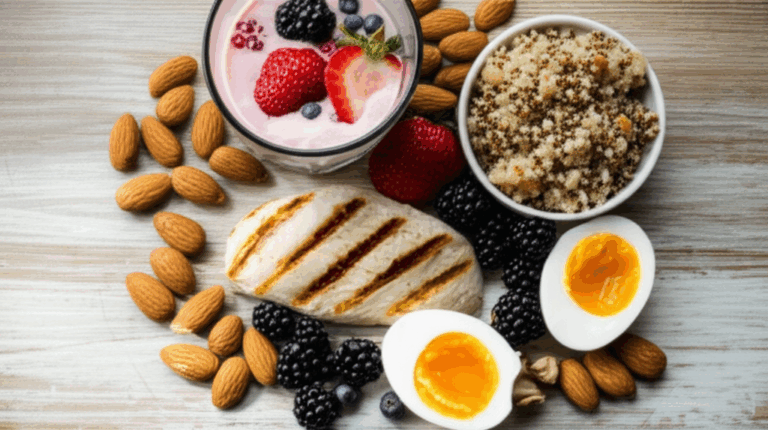Pushing your body through intense workouts is only half the battle; the real gains, and the foundation for continued performance, lie in what you consume afterward. Optimal post-workout nutrition is crucial for muscle repair, glycogen replenishment, and reducing soreness, setting the stage for your next training session. Cricketing icon Virat Kohli, renowned for his peak fitness and disciplined approach, epitomizes the power of strategic nutrition in athletic performance. Under the guidance of his nutritionist, Ryan Fernando, Kohli’s diet emphasizes clean, plant-based foods, complex carbohydrates, lean proteins, and healthy fats to support his rigorous regimen.
While specific daily meal plans are personalized, the principles behind Kohli’s nutritional philosophy align with key scientific recommendations for effective post-workout recovery. Here are five categories of foods, consistent with these principles, that are excellent choices for muscle recovery.
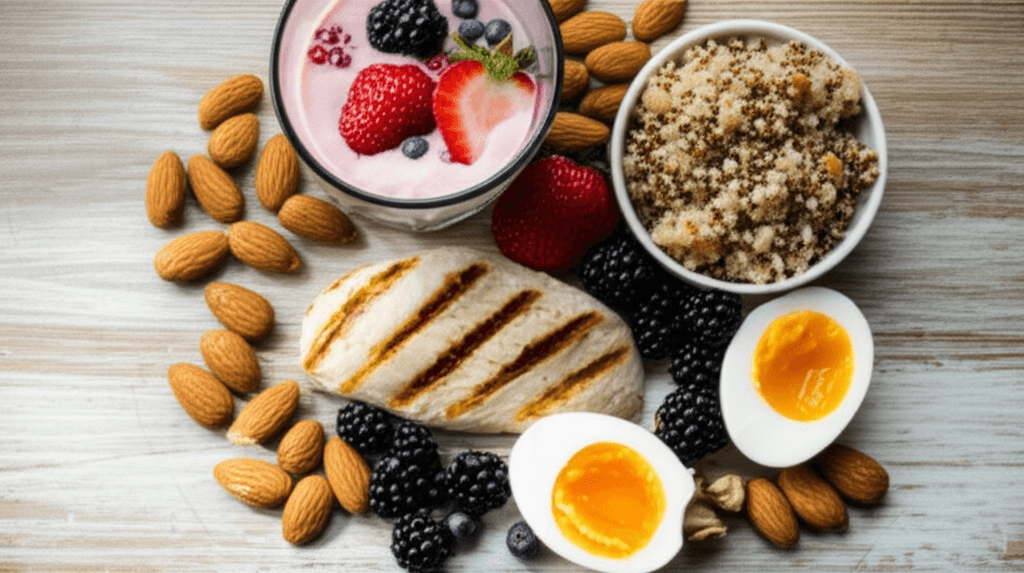
Why Post-Workout Nutrition Matters for Muscle Recovery
During exercise, your muscles tap into their stored energy, primarily glycogen, and experience microscopic tears in their protein fibers. Consuming the right nutrients shortly after your workout is essential to kickstart the body’s natural repair and rebuilding processes. This critical “anabolic window” allows for efficient replenishment of glycogen stores and provides the amino acids needed to repair damaged muscle proteins and build new tissue.
The Role of Macronutrients in Post-Workout Recovery
To maximize recovery, a post-workout meal or snack should ideally include a combination of carbohydrates and protein.
- Carbohydrates: These are vital for replenishing your body’s glycogen stores, which are depleted during exercise. Replenishing these stores quickly is especially important for endurance athletes but beneficial for all types of training, as it speeds up recovery and prepares muscles for subsequent sessions.
- Protein: Provides the amino acids necessary to repair and rebuild muscle tissue that has undergone stress during your workout. Adequate protein intake supports muscle growth and helps prevent muscle breakdown.
- Healthy Fats: While not the primary focus immediately post-workout, healthy fats play a role in overall recovery by reducing inflammation and supporting hormone production.
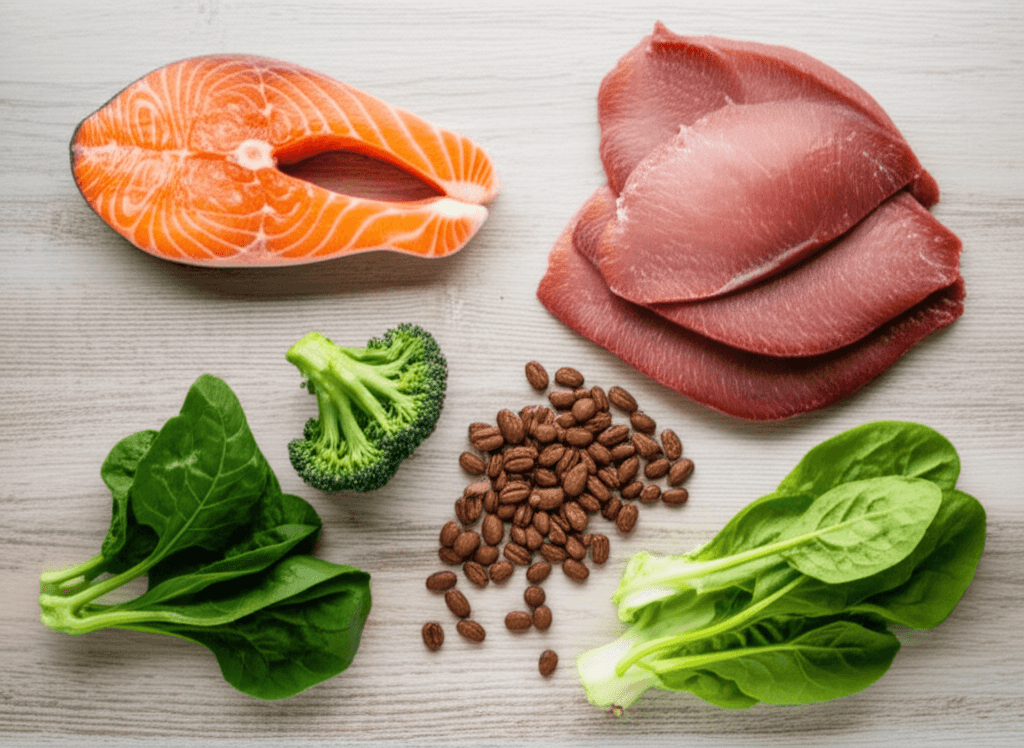
5 Best Foods for Muscle Recovery, Aligned with Elite Nutritional Principles
Drawing from the nutritional strategies employed by top athletes like Virat Kohli, here are five food types that offer a powerful blend of nutrients for optimal post-workout muscle recovery.
1. Plant-Based Proteins (Lentils, Tofu, Edamame, Quinoa)
Virat Kohli’s diet heavily incorporates plant-based protein sources, which align with his emphasis on clean eating and digestive health. These options provide essential amino acids for muscle repair and growth without the lactose or heavier processing sometimes associated with animal proteins.
- Lentils and Beans: Rich in protein and fiber, they are excellent for sustained energy and muscle repair.
- Tofu and Tempeh: Versatile soy-based options that offer complete protein and can be easily incorporated into various dishes. Edamame, in particular, provides a good balance of protein and carbs.
- Quinoa: A complete protein and complex carbohydrate, quinoa delivers sustained energy and aids in muscle recovery.
2. Complex Carbohydrates (Sweet Potatoes, Brown Rice, Bananas)
Replenishing glycogen stores is paramount, and complex carbohydrates provide a steady release of energy, crucial for recovery and sustained performance.
- Sweet Potatoes: High in complex carbohydrates and fiber, sweet potatoes are a nutrient-dense choice for glycogen replenishment. They also offer potassium and magnesium, essential electrolytes.
- Brown Rice: A staple complex carbohydrate that supports prolonged exercise and muscle recovery due to its fiber content and sustained energy release.
- Bananas: These portable fruits offer a quick source of easily digested carbohydrates, along with potassium and magnesium, which are vital for electrolyte balance and preventing muscle cramps. Ripe bananas are particularly effective for rapid glycogen replenishment.
3. Eggs
Often hailed as a “complete protein source,” eggs contain all nine essential amino acids necessary for muscle repair and growth. They are particularly high in leucine, an amino acid critical for stimulating muscle protein synthesis. Eating whole eggs (including the yolk) after a workout has been shown to improve strength and reduce body fat.
4. Greek Yogurt / Cottage Cheese
These dairy products are packed with high-quality protein, particularly casein, a slow-digesting protein that provides a sustained release of amino acids for prolonged muscle repair. They also contain whey protein for quicker absorption, offering a dual benefit. Greek yogurt is also a good source of probiotics, supporting gut health, which is vital for nutrient absorption and overall well-being. Pair them with fruit or a handful of nuts to add carbohydrates for glycogen replenishment.
5. Fatty Fish (e.g., Salmon) or Nuts/Seeds
Healthy fats, especially Omega-3 fatty acids, play a significant role in reducing inflammation and supporting overall recovery.
- Salmon: An excellent source of high-quality protein and Omega-3 fatty acids (EPA and DHA), salmon helps reduce muscle inflammation and aids in the rebuilding process.
- Nuts and Seeds (e.g., Almonds, Walnuts, Chia Seeds, Flax Seeds): These provide healthy monounsaturated and polyunsaturated fats, including Omega-3s, which are crucial for reducing post-exercise inflammation and supporting hormone production. They also offer additional protein, fiber, and various micronutrients.
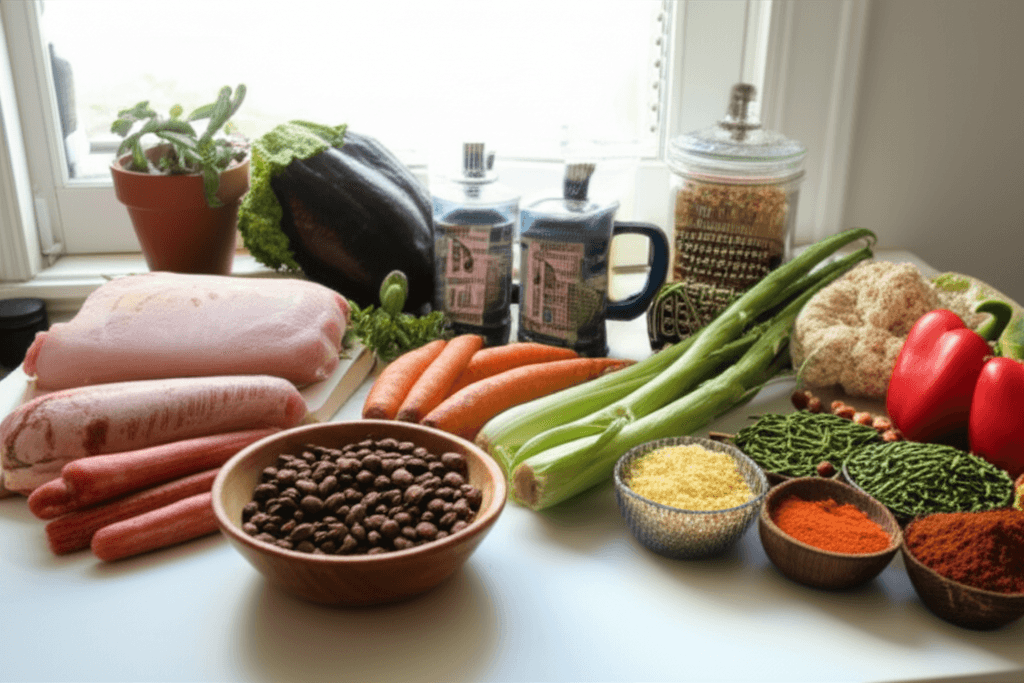
Timing and Hydration are Key
Beyond choosing the right foods, the timing of your post-workout meal is important. Experts generally recommend consuming a combination of carbohydrates and protein within two hours of your workout to maximize recovery. Additionally, staying well-hydrated by replenishing lost fluids and electrolytes is a fundamental component of effective muscle recovery.
By prioritizing these nutrient-dense foods and adhering to consistent nutritional practices, individuals can significantly enhance their muscle recovery, optimize their training adaptations, and emulate the dedication to peak performance seen in athletes like Virat Kohli.


